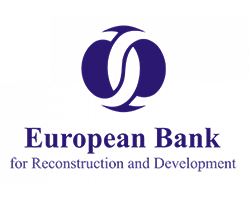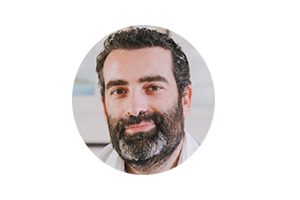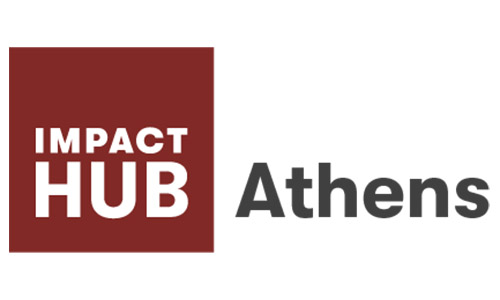
How can we bridge the gap between green and socially responsible investments and financing schemes?
The challenge
Financing Sustainability – too little too late? Sustainability requires financing. Why is the money not flowing to sustainable investments? Is there an Ambition-Action gap? There seems to be plenty of capital out there, but why is it still not channelled in adequate volumes towards green and socially responsible investments, despite all policy objectives? What are the hurdles? What do investors need to do to increase green and social financing? What can stakeholders, societies and governments do to unlock sustainable financing? Barriers include how financial institutions perceive and evaluate the risks of these potential transactions and often these don’t meet their (low) risk appetite; financial valuations of potential projects do not usually include the externalities of environmental and social protection and impact; unfavourable regulatory environments; lack of availability of data and common agreements of what constitutes sustainable finance, and even outright greenwashing. To finance the Paris Agreement, developed countries have committed to mobilizing $100 billion in climate finance per year. The EU Green deal, which aims to make the EU carbon neutral by 2050, is expected to mobilize 1 trillion Euros for green and sustainable investments. However, countries’ pledges for climate finance and actual spending are falling short of these goals. Investors complain that there are not sufficient bankable green and social deals out there. Innovators and project developers complain that they do not have sufficient access to capital to realize such projects. To unlock the unprecedented amounts of financing needed for global sustainability goals, we need to identify and address the hurdles and identify pathways to reduce them.
The challenge owner
Maya Hennerkes leads the ESG work with Financial Institutions at the European Bank for Reconstruction and Development. She has previously worked at the Inter-American Development in climate finance and ESG. Multilateral Development Banks work on the crossroads of public and private sector to provide public funding and leverage private sector finance for sustainable finance goals. Interesting approaches have been developed around blended and concessional financing with the attempt to increase financing for sustainable goals. But we need innovative approaches to address the barriers and reach the scale and speed needed to reach the policy goals as formulated in Paris. Maya will present this challenge using concrete examples of hurdles and obstacles, as well as some promising ideas and cases which could help find lasting solutions from her 15-year experience in climate and ESG-integrated financing. 
PARTICIPANTS
Pakis Papademetriou
Sustainability Manager of the Airport of Athens
Despoina Boulioglou
PhD Candidate Renewable Energy, Researcher / Advisor to Enterprises and Organizations
Manolis Tzouvelekas
Economist, PhD, Researcher Social Finance
Michael Spanos
Entrepreneur, Sustainable Business & Finance, Founder & Managing Director
George Ploubidis
Social Impact investor manager
Yiannos Vittorio Lazzarotto
International Relations & Sustainability, Trainee at MEP Petros Kokkalis Office
Daniela Deuber
Social Finance, Impact Entrepreneurship, Network Development, Responsible Leadership

Facilitation by
Paul Kidner has over 20 years of experience in business development, leading the strategy creation, operations and management of a variety of innovative businesses initially in the private sector and more recently in the social and philanthropic sectors. Paul is currently a lead advisor at the TIMA Charitable Foundation, evaluating and monitoring grant-making for the Foundation in Greece, in support of issues related to the elderly. Prior to that, Paul led a number of business-supporting ventures including the creation and management of the PRAKSIS Business Coaching Center, which won 1st prize for Youth Entrepreneurship at the Education Business Awards in Greece in 2016. He went on to launch and manage The People’s Trust (TPT), an NGO whose mission is to relieve unemployment in Greece through entrepreneurship. In the 4 years that he launched and ran the organization, TPT supported over 270 small businesses and created more than 600 new, sustainable, places of employment. Over 91% of these businesses remained sustainable, 42% were launched by women and our oldest entrepreneur was 69 years of age. Paul is also on the Executive Board of the EUobserver and strongly believes in supporting entrepreneurs and NGO leaders reach their highest potential. Paul's expertise lies in organizational development, leadership, strategy and management, grant evaluation and monitoring, social impact measurement and executive coaching. He enjoys new challenges as well as leading a team from the spark of an idea to its implementation and successful outcome.


